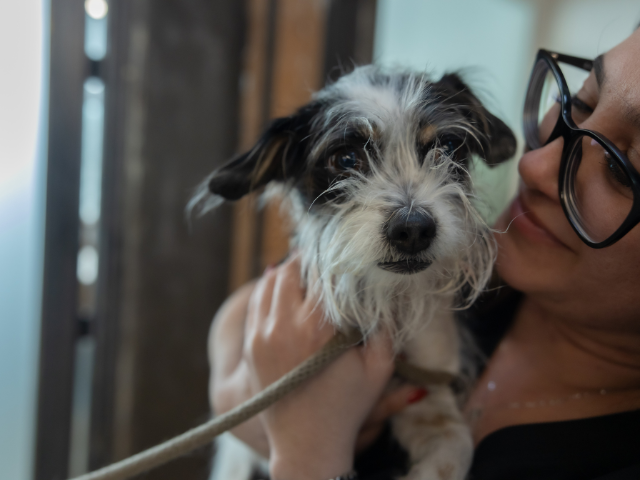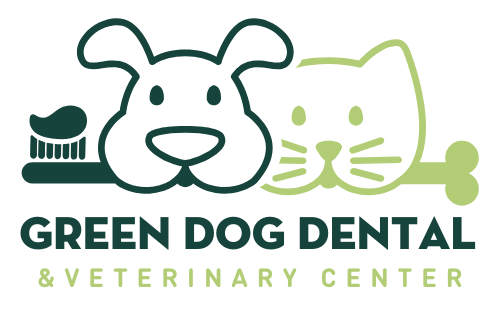
Senior Dog Care
Caring for a senior dog involves special considerations to maintain their quality of life. Routine vet visits every six months, and annual lab tests are essential for monitoring health changes, particularly in kidney and liver function. A balanced diet, weight management, and moderate, regular exercise can significantly impact your pet's well-being. Signs of slowing down could indicate underlying health issues and should be professionally evaluated rather than self-diagnosed.
Senior Dog FAQs:
- Life Expectancy: The average dog lives around 12 years, but large breeds often have shorter lifespans, while small breeds may live longer.
- Health Impact of Aging: Older dogs may face challenges like slowed metabolism, dental issues, and increased risk of tumors.
- Wellness Care: Regular veterinary check-ups can help catch and manage chronic conditions early.
- Signs of Slowing Down: Reduced mobility may signal arthritis or other issues, requiring a vet's assessment.
- Avoid Self-Diagnosis: Professional diagnosis is vital for accurate treatment.
- Veterinary Exams: Comprehensive exams cover everything from nose to tail, including lab work and possibly x-rays.
- Fundamental Care Changes: More frequent vet visits and adjustments in diet and exercise routines are often necessary.
- Feeding Schedule: Diet adjustments may include higher-quality protein and calorie control to prevent weight gain.
- Activities: Regular, moderate exercise is vital, but avoid activities that could strain or overexert your older dog.
- Adoption: Senior dogs make great pets; consult a vet for specific care needs.
- Behavior Changes: Expect some changes like more sleep and possible hearing or vision loss.
- Extending Life: Regular vet visits, weight management, and daily walks are the best ways to prolong your dog's life.
- Activity Needs: Keep exercise consistent but moderate to avoid strain or injury.
- Keeping Active: Daily exercise is crucial for physical and mental well-being.
- Fun Activities: Simple activities that engage the mind and body are beneficial.
- Activities to Avoid: Avoid high-impact or strenuous activities that can be hard on an older dog's joints.
